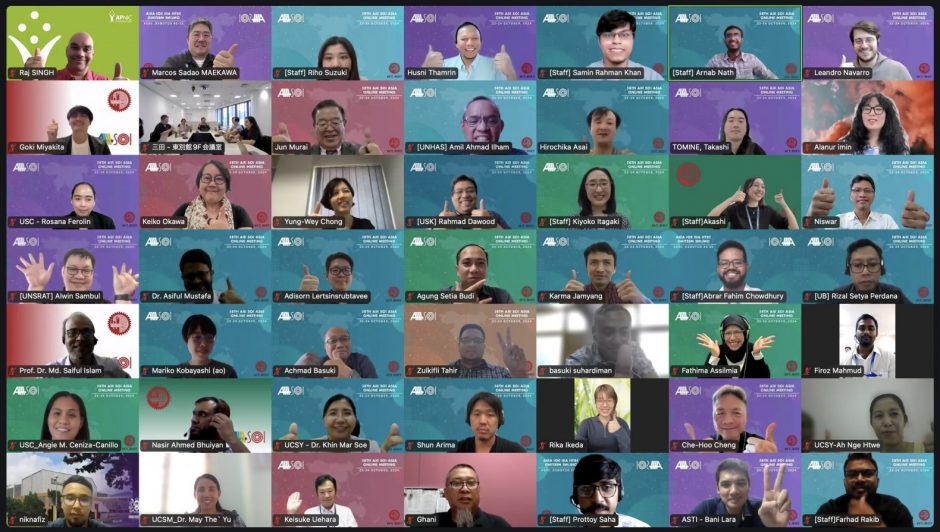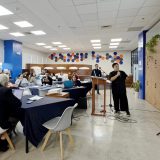On October 22-24, 2024, the 58th AI³ & SOI Asia Joint Meeting was held online, co-organized and hosted by the Bangladesh University of Engineering and Technology (BUET). This meeting brought together 78 participants from partner institutions and guests in 17 economies, focusing on collaborative discussions, research presentations, and panels to shape the future of research and education in the Asia-Pacific region.
Day 1: Keynote and Information Sharing
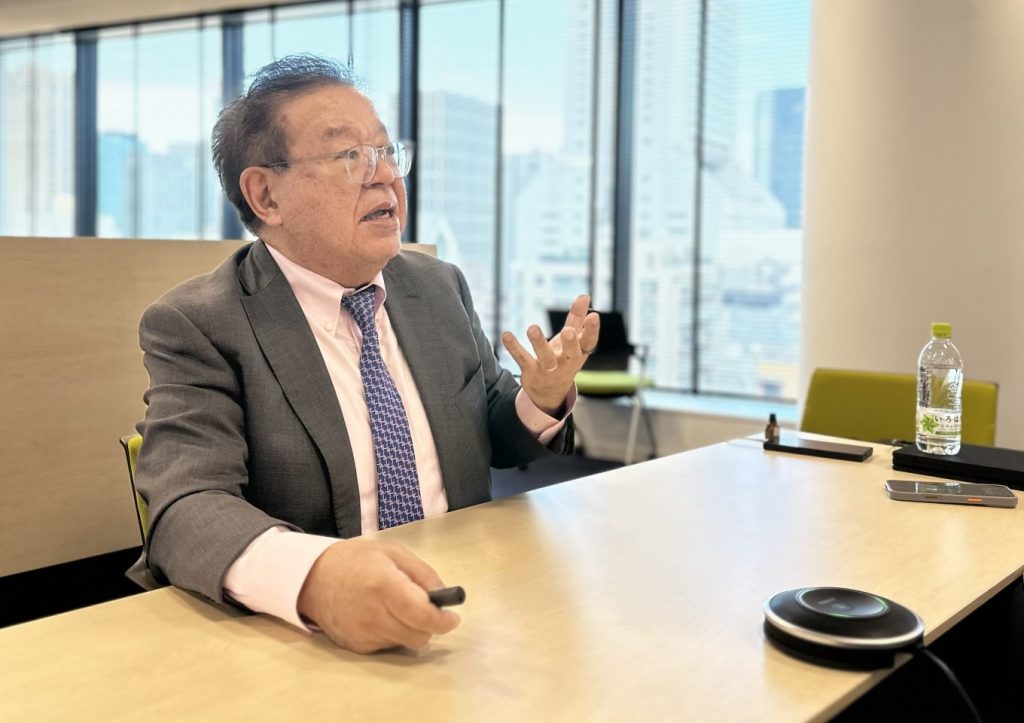
The event began with a keynote speech by Prof. Jun Murai (Keio University) as part of the ICICT 2024 conference at BUET. In his keynote, Murai discussed the development of the ARENA-PAC network, emphasizing its role in the Asia-Pacific region’s research and education sectors. He also highlighted the critical need for digital data interoperability and explored the future of AI in the Internet ecosystem, encouraging the audience to think about these issues proactively.
Following the keynote, Prof. Saiful Islam, representing BUET, and Prof. Jun Murai, on behalf of SOI Asia, delivered opening remarks. Raj Singh, making his first appearance as the CEO of the APNIC Foundation, shared his vision and the initiatives supported by the Foundation to advance digital development in the region. He also stressed the importance of fostering collaboration across economies and institutions.
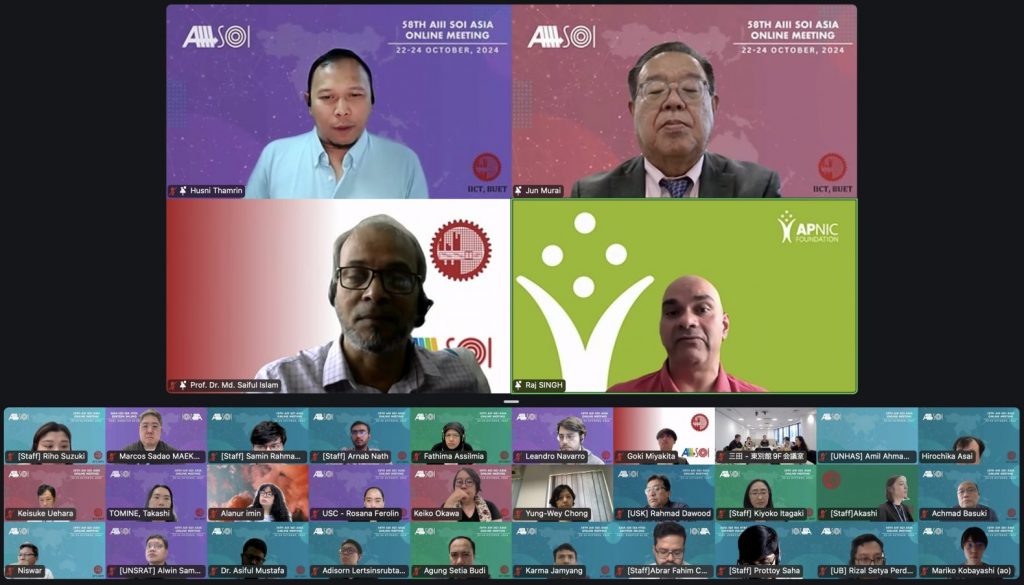
The first day also featured site updates from partner institutions, where each member shared their current progress, ongoing projects, and future plans. A crucial part of this session involved breakout rooms, where participants engaged in focused discussions before reconvening to summarize their findings with the entire group. These updates allowed for the exchange of insights and started discussions that will potentially lead to further cooperation.
Day 2: Research Presentations and Panel Discussions
The second day began with research presentations followed by two panel sessions.
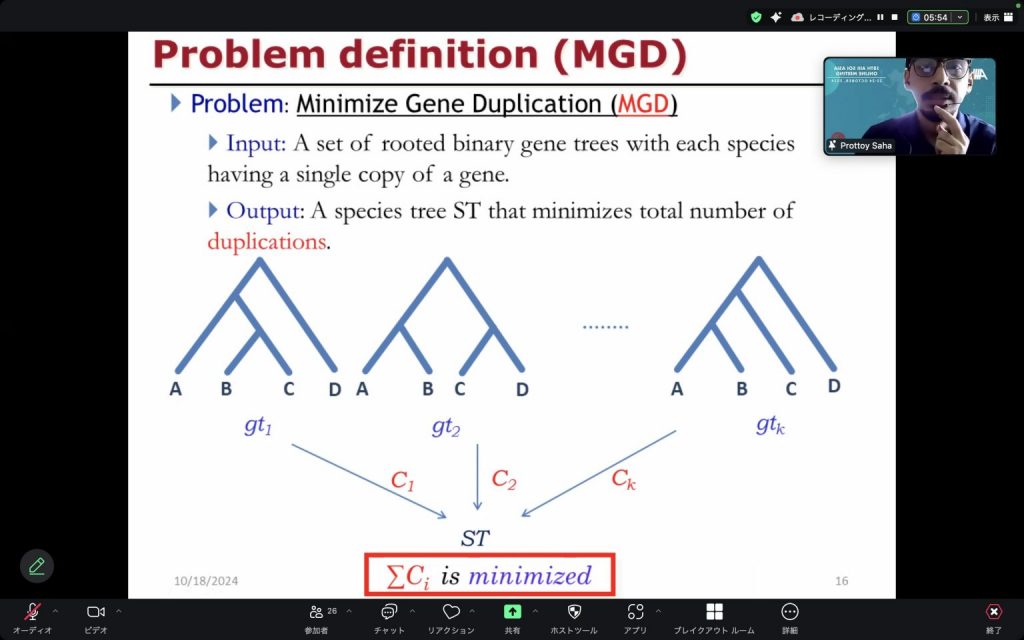
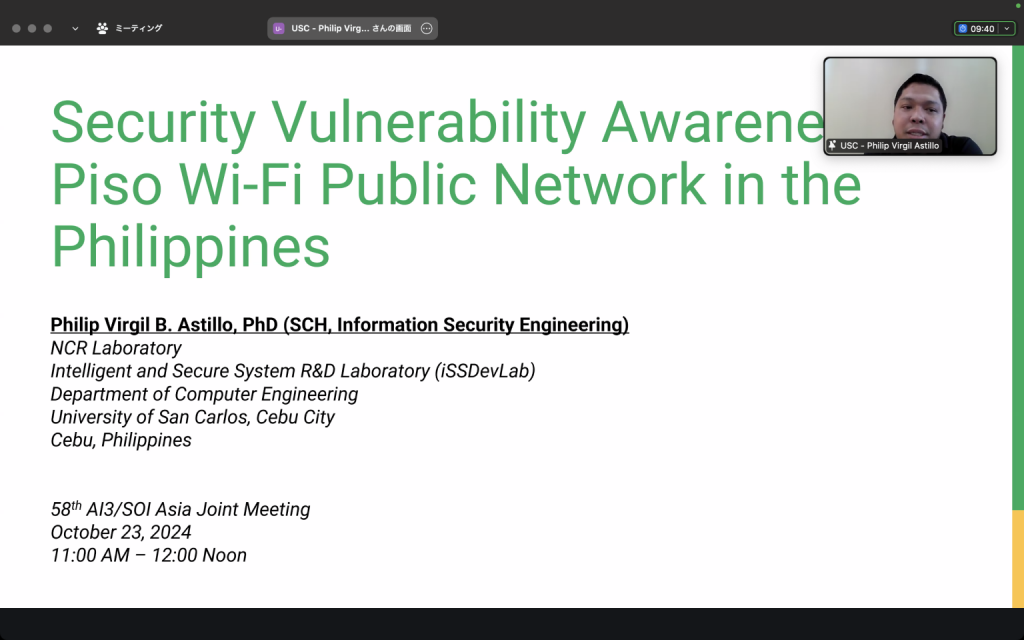
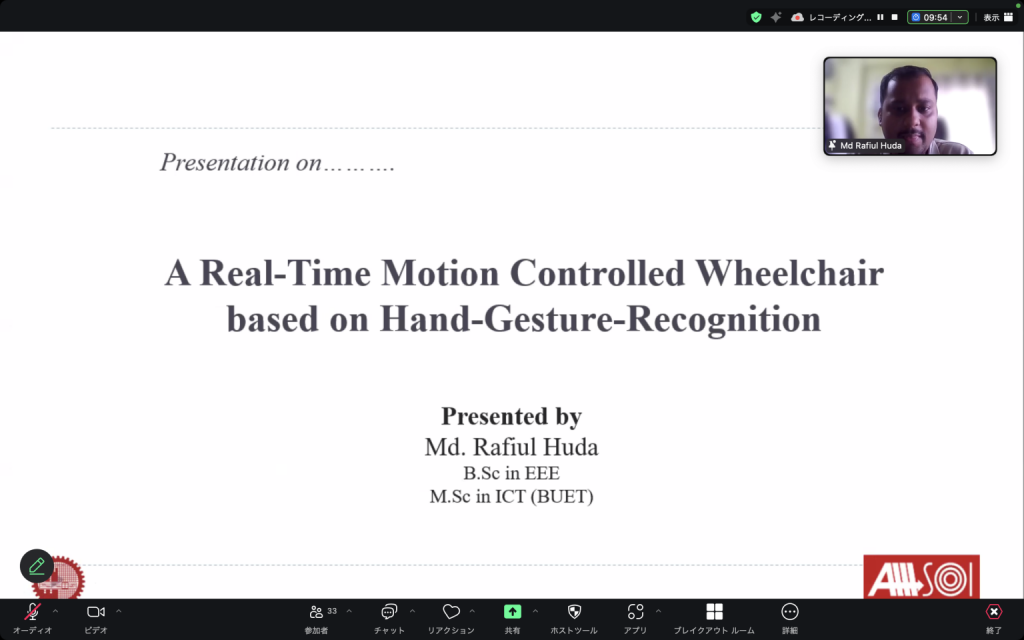
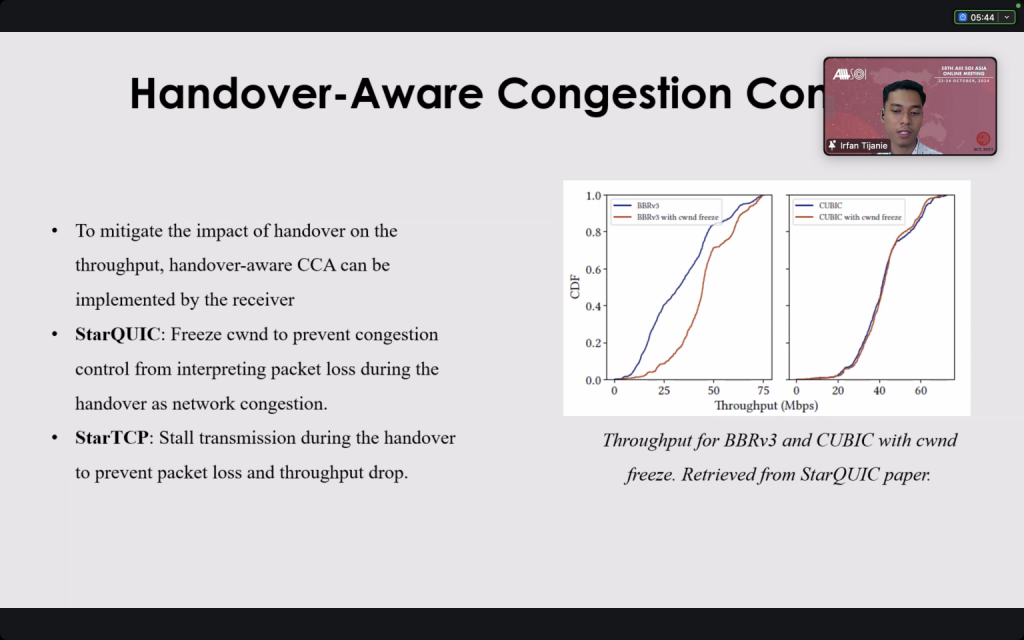
Four students’ presentations covered various topics, ranging from genetics and cybersecurity to gesture-recognition technology and hybrid satellite-terrestrial networks.
- Prottoy Saha – Bangladesh University of Engineering and Technology (BUET)
“Phylogenetic tree estimation from gene trees in the presence of gene tree discordance” - Philip Virgil Astillo – University of San Carlos (USC)
“Security Vulnerability Awareness for Piso Wi-Fi Public Networks in the Philippines” - Md Rafiul Huda – Bangladesh University of Engineering and Technology (BUET)
”A Real-Time Motion Controlled Wheelchair based on Hand-Gesture-Recognition” - Muhammad Irfan Tijanie Bin Mohammad Tasnim – Universiti Sains Malaysia (USM)
“TCP Splitting over GRE for Hybrid Satellite-Terrestrial Network”
Strengthening Collaborative Synergies: Building Capacity Across SOI Asia
Chaired by Keiko Okawa (SOI Asia director, Keio University), this panel provided an overview of SOI Asia’s capacity-building initiatives. Achmad Basuki (Universitas Brawijawa) elaborated on the APIE and CBRs (Collaborative-Based Research) programs, stressing the importance of human connections and lifelong learning in fostering strong, collaborative networks.
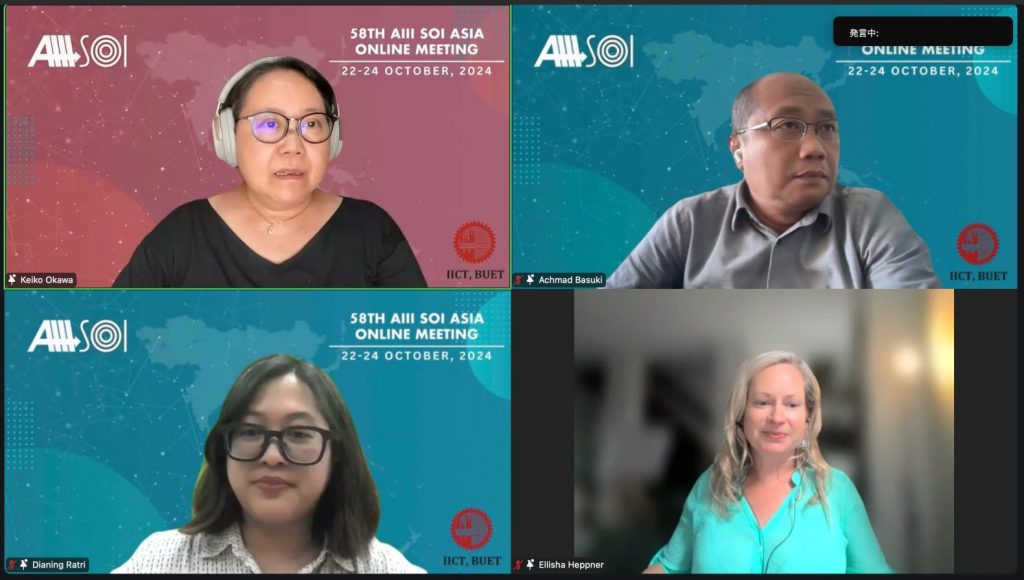
Dianing Ratri (Institut Teknologi Bandung) shared the progress of the EBA Kalimantan fieldwork program, which aims to provide environmental education and sustainability training. Elisha Heppner (APNIC Foundation) presented the ISIF grants program and showcased grantee initiatives in Bangladesh, Indonesia, and Timor Leste. Heppner highlighted the synergistic effects of collaboration among diverse projects and institutions, noting how these initiatives improve conditions in various economic areas.
Keiko Okawa wrapped up the panel by outlining key discussion points, such as enhancing synergy between programs, encouraging youth engagement, and creating unique learning experiences.
Micro-credentials: How to drive development and adoption of digital evidence in lifelong learning
Chaired by Achmad Husni Thamrin, this panel explored the growing importance of micro-credentials in lifelong learning.
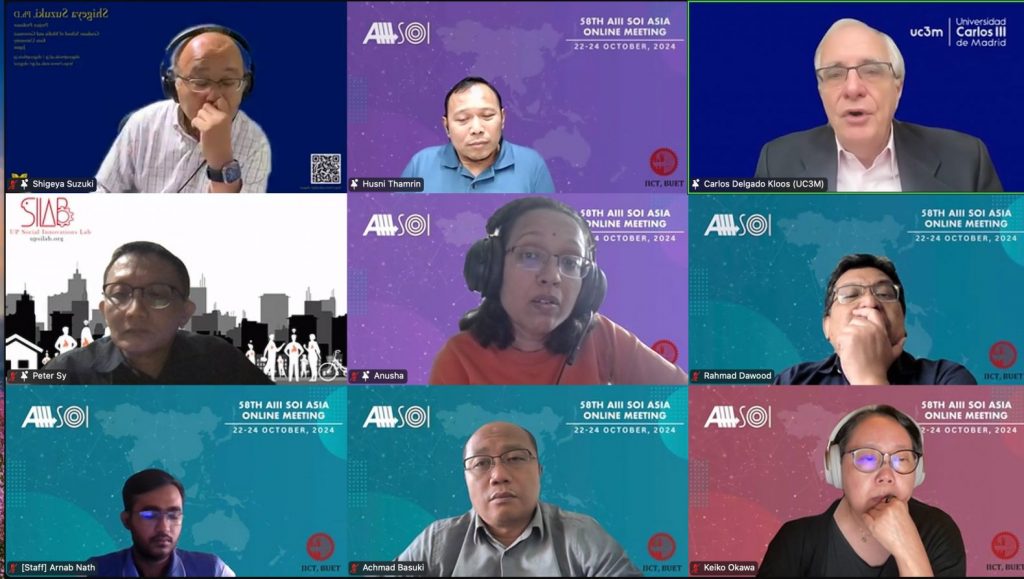
Anusha Achuthan (Universiti Sains Malaysia) discussed Malaysia’s approach to quality assurance in stand-alone micro-credentials. At the same time, Carlos Delgado Kloos (Universidad Carlos III de Madrid) examined the shift from traditional paper-based credentials to digital badges, addressing the opportunities and challenges of this transition. Peter Sy (University of the Philippines Diliman) highlighted the complexity and ongoing improvements in digital credentialing systems.
Shigeya Suzuki (Keio University) introduced Inxignia, SOI Asia’s new verifiable credential ecosystem. With Inxignia, SOI Asia and partners aim to create a robust platform for digital certificates, and Suzuki emphasizes the importance of interoperability across different systems.
Day 3: Infrastructure and Open Science Discussions
The last day comprised two panel sessions, one on Infrastructure and another on Research, and was concluded with a discussion on activities for 2025 and future directions for the community.
REN applications and collaborations in developing REN further
Md. Saiful Islam (BUET) chaired the first panel of the day on the topic of infrastructure for research and education network (REN) collaborations. The presentations and discussions focused on REN infrastructure’s development and future applications.
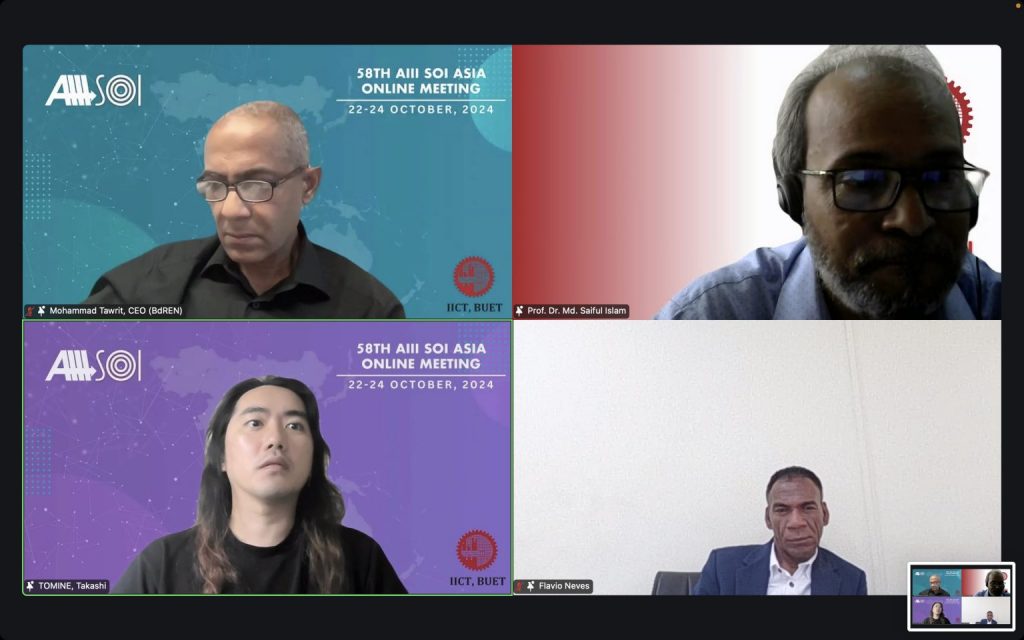
Takashi Tomine (ARENA-PAC) highlighted ARENA-PAC’s core vision and presented recent demonstrations of the high-speed network for research and education. Following Tomine, Flavio Cardoso Neves (ANC—Communications National Authority in Timor Leste) provided an overview of Timor Leste’s connectivity landscape and introduced efforts to improve connectivity in the future. Mohammad Tawrit (BdREN) presented the application of REN and discussed collaboration with TEIN and other networks such as NORD.
In the Q&A, Murai provided more input about his vision for ARENA-PAC, emphasizing that the network is to connect RENs in the Asia Pacific region, as other big networks have been doing in the US and Europe. Islam closed the session with a list of recommendations.
Future direction of research areas and how to practice Open Science in research
The final session, chaired by Rubaiyat Hossain Mondal (BUET), focused on Open Science and the future direction of research in the Asia-Pacific.
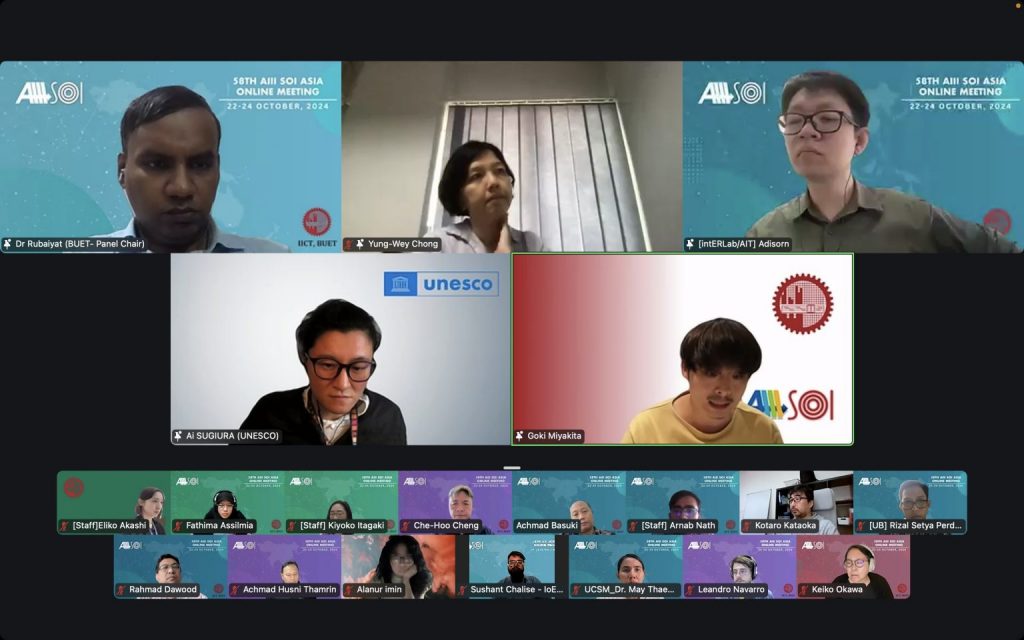
Yung-Wey Chong (USM) stressed the importance of integrating cybersecurity and environmental sustainability into the design of new technologies. Adisorn Lertsinsrubtavee (Asian Institute of Technology) explored the various dimensions of IoT research and Open Science. Ai Sugiura (UNESCO) shared the definition of Open Science and expectations for the implementation in a global scale. Goki Miyakita (Keio University), introduced SOI Asia’s open science-related initiatives.
During the discussions, panelists agreed that interdisciplinary collaboration is pivotal and raised the importance of creating a platform for data sharing within the community.
Future Directions and Closing Remarks
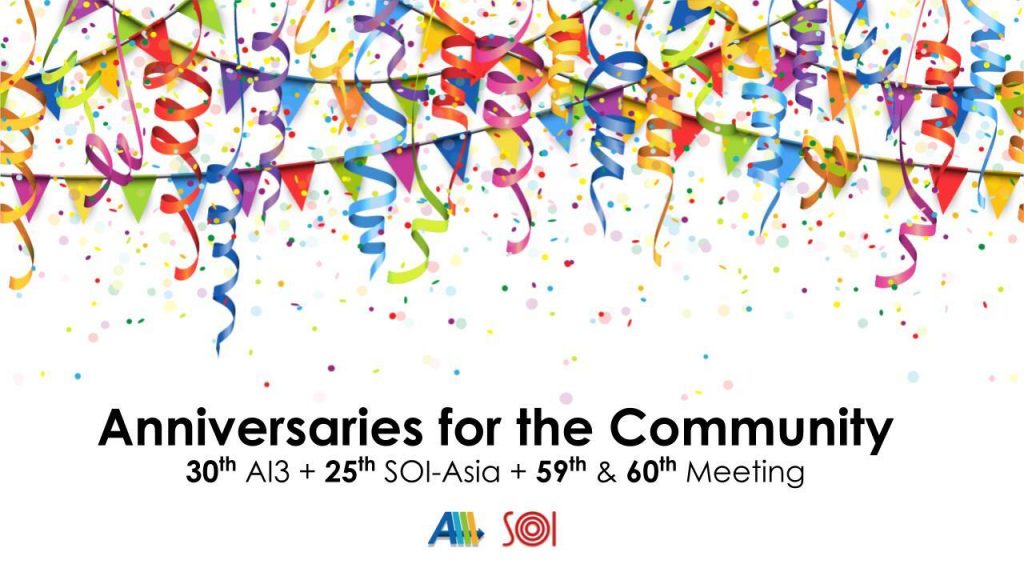
At the last meeting session, Keiko Okawa shared exciting news about next year’s celebrations. In 2025, SOI Asia will celebrate its 25th and AI³’s 30th anniversary. The 60th meeting will also be held next year. Okawa also announced that Keio University will host the next meeting from 6 to 8 March 2025 in Yokohama, Japan. She also shared details about an upcoming MoU with APAN, signaling continued growth and collaboration.
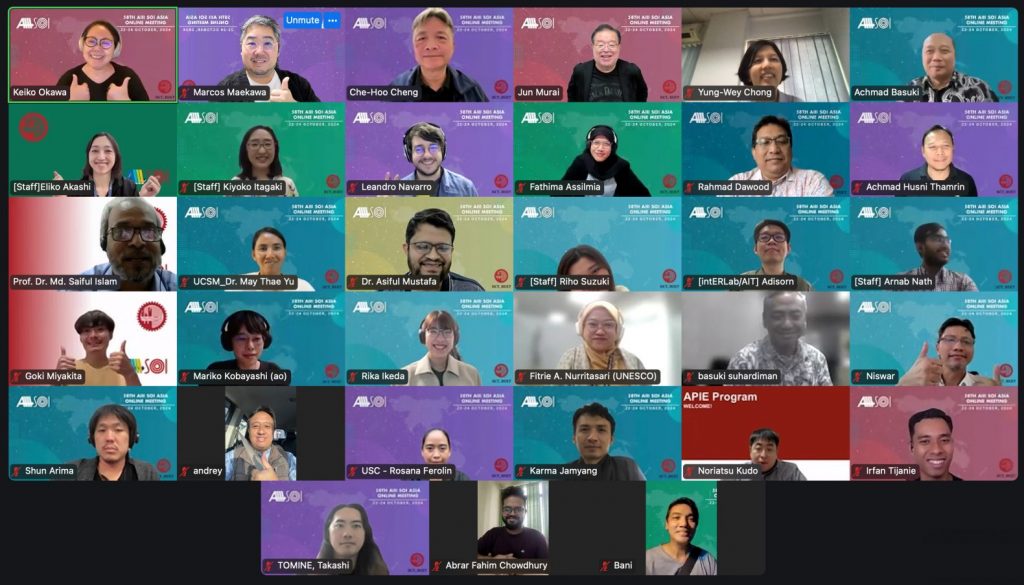
The SOI Asia community would like to thank the BUET organizing team for co-organizing and hosting this event despite the turbulent situation in Bangladesh. We look forward to welcoming everyone to Yokohama, Japan, in March 2025!

